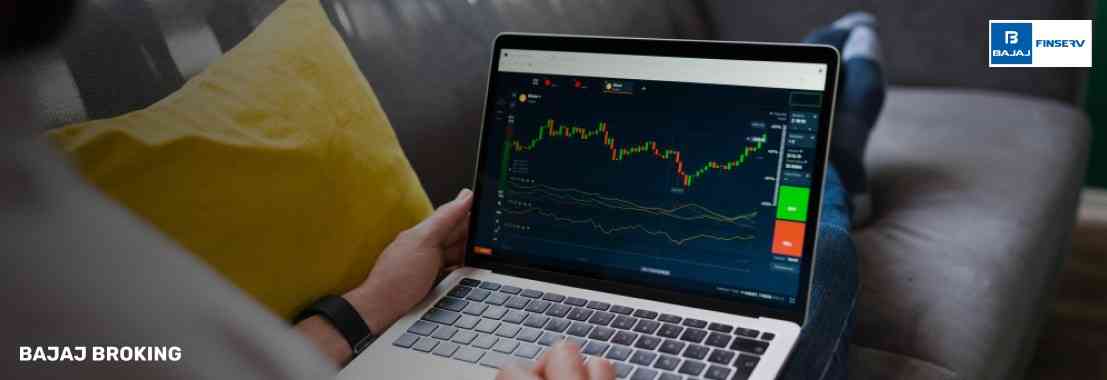If you manage a registered trust and wish to invest its funds in listed equities or mutual funds, opening a demat account becomes an important step. A corporate demat & trading account for a trust enables you to hold securities electronically, operate under SEBI regulations, and maintain transparency in financial activities. Whether you are a charitable trust, religious endowment, or private family trust, you must follow specific account-opening procedures laid out by depository participants and regulatory authorities. Understanding the right documentation and stepwise application process ensures you can initiate the demat setup without unnecessary delays or compliance issues.
3 simple steps process to open demat account for a trust
Opening a demat account for a trust involves a three-step procedure that includes verification of legal documents, appointment of authorised trustees, and account activation through a depository participant. Each step is designed to validate the trust’s structure and ensure secure operation under the SEBI framework.
Here is a detailed breakdown of the three steps:
1. Complete KYC and legal documentation
Start by gathering all legal documents of the trust along with KYC proofs of the trustees.
This includes the trust deed, PAN of the trust, trustee ID proofs, and registration certificate if applicable. These documents are essential to validate the trust’s legal existence and investment eligibility under Indian law.
2. Submit application to a depository participant
You must approach a SEBI-registered depository participant (DP) to initiate account opening.
The DP will guide you through filling out the demat account opening form, selecting account features, and submitting notarised resolutions confirming trustee authorisation to operate the account.
3. Verification and account activation
The DP will verify your trust’s documentation and process the account request.
Upon successful verification, you will receive account details, login credentials, and operating rights for authorised trustees. This step completes the setup of a valid corporate demat account for your trust.
Additional Read: Eligibility Criteria to Open Demat Account
Required Documents for Opening Trust Demat Account
Before initiating the account application, you must ensure that all legal and identity-related documents of the trust and trustees are ready. The account setup process requires verification of both organisational structure and trustee credentials. Missing or incorrect documents can lead to delays or rejections by the depository participant.
Here are the key documents required for a trust demat account:
1. Trust deed
This legal document outlines the objectives, trustees, and rules of the trust.
It serves as the foundation for account validation, proving the trust’s legitimacy and specifying the powers granted to the trustees.
2. PAN card of the trust
A permanent account number is mandatory for tax and compliance purposes.
It allows your trust to be identified by regulatory authorities and is essential for account linkage with trading and financial transactions.
3. Identity and address proof of all trustees
These include Aadhaar cards, passports, or voter IDs.
They are needed to confirm the identity of individuals managing the corporate demat & trading account.
4. Registration certificate (if applicable)
For registered trusts, this acts as a legal proof of establishment.
It supports your trust’s standing with depository participants and enables faster verification.
5. Trustee resolution authorising account opening
A notarised document must state who can operate the demat account.
It defines operational authority and must include specimen signatures of authorised trustees.
Key Points to Remember
Opening a corporate demat account for a trust involves both legal and procedural checkpoints. You must remain aware of compliance responsibilities, account operation limits, and updates in regulatory frameworks. These reminders help you operate the account with minimal disruptions or errors.
Keep the following points in mind while managing the account:
1. The trust must be legally formed
Unregistered or informal trusts are not eligible.
Ensure your trust has a clearly defined deed and complies with relevant trust laws in India before applying for a demat account.
2. Trustees must act collectively
Account operations often require signatures from multiple trustees.
Specify the decision-making process clearly in your trust deed and account documents to avoid conflict or delays.
3. KYC updates are mandatory
You must update any change in trustee information or address.
SEBI mandates periodic updates to avoid suspension or penalties. Ensure your DP receives revised KYC promptly.
4. Funds must be used as per trust objectives
Investments should align with the trust’s charter.
You must not use the corporate trading account for personal gains or purposes outside the trust’s intended scope.
5. Income must be reported under trust PAN
Dividends and profits must reflect in the trust’s financial statements.
Ensure your accounting systems are aligned for tax compliance and audit readiness.
Conclusion
Creating a corporate demat & trading account for your trust is not only a regulatory requirement but also a practical necessity for safe and transparent investing. By completing the required steps and providing the right documents, you can ensure the account is opened smoothly and operated efficiently. Whether you plan to invest in mutual funds or equities, a demat account brings clarity, governance, and ease of record-keeping under one system. Always review trustee mandates and stay updated with SEBI guidelines to avoid compliance risks.





